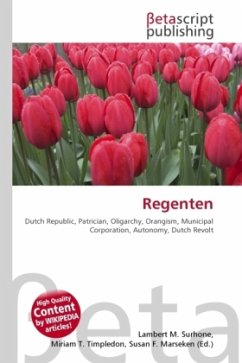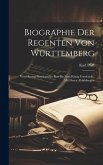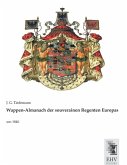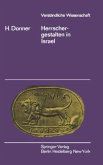High Quality Content by WIKIPEDIA articles! In the 16th, 17th, and 18th centuries, the regenten (the Dutch plural for regent) were the rulers of the Dutch Republic, the leaders of the Dutch cities, or the heads of organisations (e.g. "regent of an orphanage"). Though not formally a hereditary "class", they were de facto "patricians", comparable to that ancient Roman class. Since the late Middle Ages the Dutch cities had been run by the richer merchant families, who gradually formed a closed group. At first the lower-class citizens in the guilds and schutterijen could unite to form a certain counterbalance to the regenten, but in the course of the 15th century the administration of the cities and towns became oligarchical in character.
Bitte wählen Sie Ihr Anliegen aus.
Rechnungen
Retourenschein anfordern
Bestellstatus
Storno








